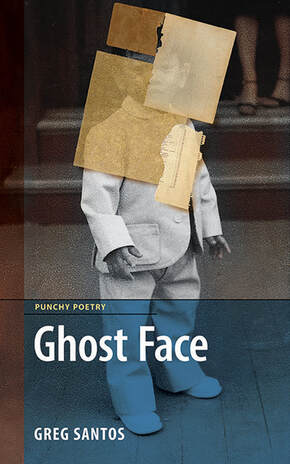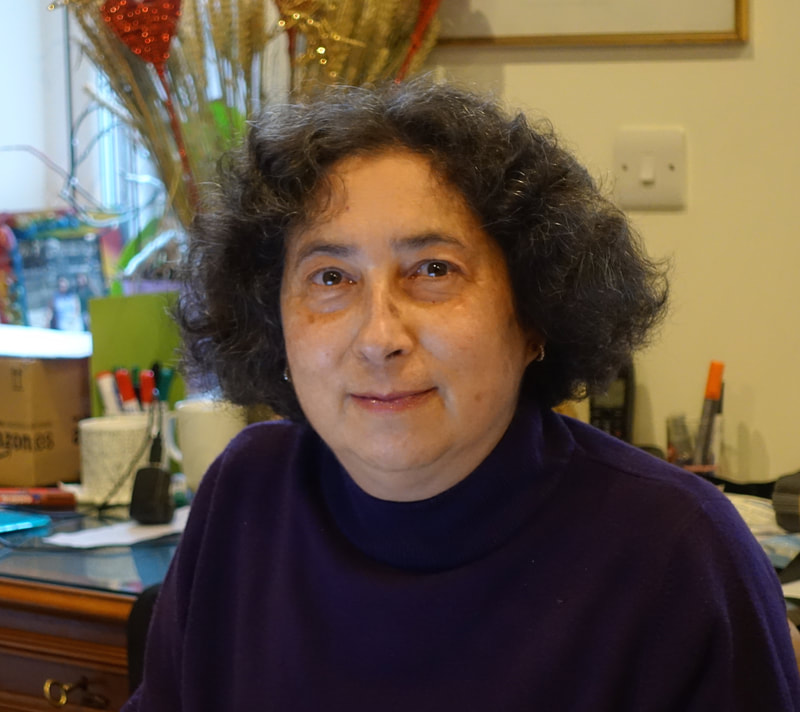Greg Santos' Ghost FaceReviewed by Carla Scarano D'Antonio
|
|
Fluidity of identities emerges in a game of hide-and-seek in Greg Santos’s fourth collection, where memories are scattered fragments the poet attempts to reassemble. His verses convey a sense of displacement that might be not only a personal story but also a state of mind, a reality common to most of us. Being human does not have only one side but is multiple and variegated, which is unsettling but also enriching.
Greg Santos has Cambodian, Portuguese and Spanish origins. Born in Canada to a family of refugees fleeing the Khmer Rouge regime, he was adopted by European immigrants. This gives him a wide spectrum of possibilities from which to observe, different angles that allow a multiple vision that is sometimes confusing but also revealing. Life is a mess and identity remains uncertain, whatever we might think. The poems set a connection between “I” and “You” from the first section in a conversation the poet is having with himself and with the reader. The lyric voice is engaged in a journey of self-discovery that is complex and painful at times, but it also clarifies the poet’s past and is projected in a hopeful future: |


